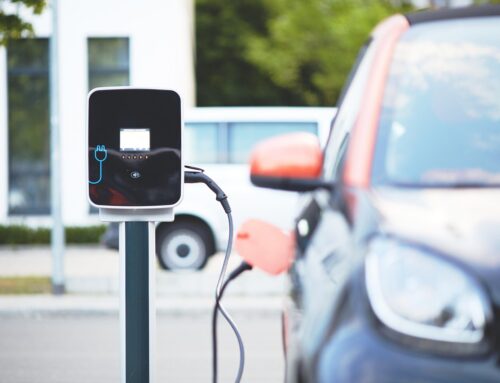What are lithium ion batteries? It’s a question that is frequently asked across the internet and even more so over the last 12 months as the number of lithium-ion battery fires has increased substantially with the continued global move to electric vehicles and electric bikes and scooters.
Just last month for example, several people were injured and had to be rescued from a 20th storey-window in New York when an e-bike battery is thought to have combusted and caused a fire. The latest in a string of almost 200 fires and deaths related to issues with lithium-ion batteries reported in the city this year, it has led officials to consider new laws around so-called ‘micromobility’ gadgets.
What is a lithium-ion battery?
But what actually is a lithium-ion battery? And why are they prone to catching fire?
Lithium-ion batteries first came onto the commercial scene in the early 1990s and their inventors, an engineering professor, a chemistry professor and a Japanese chemical company chemist won a Nobel Prize for their innovation in 2019. It was in 1991, when Sony began producing lithium-ion batteries in earnest, that they began their stellar uptake.
Rechargeable, lightweight and durable, these revolutionary batteries transformed the way we thought about energy, and they quickly became ubiquitous. Used in phones, laptops, electric cars and hundreds of other devices across the globe, lithium-ion batteries are a key part of most people’s everyday lives.
How does a lithium-ion battery work?
Composed of four key components – a cathode, anode, electrolyte and a separator – a lithium-ion battery is a powerful piece of engineering and chemistry. The cathode determines the capacity and voltage of the battery. It is also the source of the lithium ions. The anode facilitates the flow of the electric current through an external circuit and, each time the battery is charged, the lithium ions are stored in the anode.
It is the electrolyte, made up of salts, solvents and additives, that enables the lithium ions to pass between the cathode and the anode. But this electrolyte, selected for is ability to handle voltage, is flammable and therein lies the problem.
Why do lithium-ion batteries catch fire?
The main reason why lithium-ion batteries catch fire is if they are overcharged or they are found to be defective or damaged. And it’s very difficult to ascertain whether a battery is actually defective or not. Plus, overcharging can happen even with the best intention not to do so.

























